Optimal Textiles for Garment Manufacturing
Textiles are multifaceted materials integral to various sectors, such as apparel, domestic furnishings, and automotive production. Comprising fibers that may be organic—like cotton or silk—or man-made, such as polyester or nylon, their attributes of resilience, flexibility, and moisture absorption dictate their appropriateness for diverse uses. The selection of textiles is pivotal, influencing the final product's caliber, comfort, and utility, be it clothing, a domestic good, or a vehicle part.
Textiles are engineered with particular purposes in mind, from insulating warmth to moisture resistance. These functions are realized through assorted treatments and enhancements, including dyeing, printing, and coating. The mechanics of textile performance hinge on their fiber composition and structural design. For example, a textile's weave can alter its tensile strength and breathability, while the fiber type can affect its softness and capacity to wick away moisture.
This offering is tailored for enterprises engaged in producing apparel, home textiles, or any merchandise necessitating premium textiles. Discerning the optimal textiles for specific uses is vital for crafting items that fulfill the requisite functional demands while also being cost-efficient and environmentally considerate.
Leading Textiles for Apparel Manufacturing
The assortment of top-tier textiles for apparel manufacturing is extensive, with each variant presenting unique qualities for varied applications. Below are some common choices:
-
Cotton Fabric: Celebrated for its inherent comfort and breathability, cotton is a staple in clothing manufacture. It is especially preferred for crafting daily wear such as t-shirts, jeans, and sundresses. Cotton blends enhance adaptability with attributes like crease resistance or elasticity.
-
Polyester Fabric: Polyester, a man-made textile, is chosen for its enduring nature and its ability to resist shrinkage and creases. It is a frequent choice for items like jackets, skirts, and activewear.
-
Rayon Fabric: Rayon, a semi-synthetic fiber, is esteemed for its silk-like texture and fluidity. It is commonly utilized in dresses and blouses for its tactile and visual appeal.
-
Linen Fabric: Linen, derived from flax plants, is renowned for its coolness and freshness in warm climates, making it perfect for summer attire such as skirts, dresses, and light jackets.
-
Silk Fabric: This opulent textile is also favored in clothing production for its suppleness and sheen. It is often employed in upscale garments like dresses, blouses, and skirts.
-
Wool Fabric: Wool is naturally suited for crafting warm and robust winter attire, including coats and jackets.
Each textile type possesses distinctive properties that render it suitable for particular roles within the fashion realm.
Selecting Prime Textiles for Apparel Manufacturing
Selecting the appropriate textile for clothing manufacture is critical for both function and aesthetics. When choosing textiles on Alibaba.com's B2B platform, companies should weigh the intended purpose of the clothing or item, as well as the specific characteristics needed.
For example, when producing outdoor wear or activewear, one might prioritize textiles that offer rapid-drying features and breathability. Conversely, firms aiming to craft high-end formal attire should seek textiles with a graceful drape and refined texture that contribute to an opulent appearance.
It is also crucial to consider the seasonality of your offerings—opting for lighter textiles like chiffon for summer collections and more substantial materials like wool for winter lines. A textile's versatility in terms of dyeing or printing capabilities can also influence the decision.
Companies should also be mindful of the type of supply available—be it readily available in-stock items or customizable products that meet specific design criteria. Moreover, grasping the varied applications within fashion, from contemporary streetwear to classic designs, can aid in choosing suitable textiles that cater to those styles.
Exploring Top Textiles for Clothing Production on Alibaba.com
Alibaba.com serves as a global bazaar linking businesses with an extensive selection of suppliers providing a wide range of textiles for any commercial or resale purpose. Since its establishment in 1999, Alibaba.com has become a pivotal resource for small and medium-sized enterprises seeking to source materials with ease.
The assortment includes everything from organic cottons and sumptuous silks to resilient polyesters ideal for sportswear or uniforms. Whether you're in search of specific hues for your fashion line or textiles with special attributes like antimicrobial properties or eco-friendliness for your home textile venture, Alibaba.com's user-friendly interface lets you sift through options to find precisely what you need.
Additionally, Alibaba.com emphasizes secure dealings with services like Trade Assurance, guaranteeing that your orders are safeguarded until delivery is verified. With over 200 million products listed by suppliers across nearly 5,900 categories, Alibaba.com simplifies the search for dependable fabric sources and streamlines the procurement process with convenient features such as mobile purchasing options and multilingual support.
Frequently Asked Questions on Prime Textiles for Clothing Production
What distinguishes woven from knitted textiles?
Woven textiles are crafted by interweaving two yarn sets at perpendicular angles, yielding a robust, long-lasting material. Knitted textiles are created by interlocking yarn loops, resulting in a more flexible fabric with a relaxed fit. The decision between woven and knitted textiles hinges on the desired attributes of the final item.
How can I ascertain the ideal fabric weight for my apparel line?
Factor in the season and climate where your products will be utilized. Medium-weight textiles are apt for spring and autumn, while lighter options are preferable for summer. The weight should also correspond with the intended function—thinner textiles for active or hot environments and heavier textiles for outerwear or structured pieces.
Are there sustainable textiles appropriate for clothing manufacture?
Indeed, sustainable choices like organic cotton, linen, and Tencel are available, which are not only eco-friendly but also resonate with eco-conscious consumers. These textiles originate from crops cultivated with a reduced environmental footprint.
What considerations should I make when selecting colorfast textiles for my apparel line?
Seek out textiles explicitly marked as colorfast to ensure your garments maintain their hue after repeated laundering. This factor is crucial for preserving a consistent appearance and texture in your offerings.
Is it feasible to source antibacterial textiles for my apparel line?
Antibacterial textiles are accessible and are particularly beneficial in medical settings or for clothing that demands sustained freshness. They typically incorporate fibers that inhibit bacterial and fungal growth.
How do I decide between printed and dyed textiles for my brand?
Printed textiles provide a plethora of design options and can be utilized to fashion striking pieces, whereas dyed textiles offer a solid color and are commonly used for practical garments. The choice between printed and dyed textiles should reflect your brand's design ethos and functional requirements.
Are there breathable textiles that also offer moisture-wicking properties?
Certainly, there are breathable textiles with moisture-wicking capabilities that keep wearers dry and comfortable during physical exertion. Textiles like Tencel and specific polyester blends are noted for their moisture management features.
What are some key attributes to consider for sportswear textiles?
For sportswear textiles, prioritize characteristics such as breathability, moisture-wicking abilities, and elasticity. These qualities ensure the wearer remains cool, dry, and at ease during physical activities.
How does thickness influence the choice of textile for sleepwear and loungewear?
The thickness of a textile for sleepwear and loungewear impacts both comfort and style. Thinner textiles may be more suited for warmer climates or lightweight garments, while thicker materials can provide additional warmth and structure.
What types of finishes can be applied to textiles?
Finishes like anti-static, water-repellent, or crease-resistant treatments can be applied to textiles to boost their functionality. Such finishes are commonly employed in work attire or travel clothing.
How do I ensure the textiles I select are suitable for all-day wear?
Opt for a combination of breathable and stretchable materials with solid recovery properties. Cotton blends or advanced synthetic textiles can provide a balance of comfort and mobility for extended wear.
Can I procure custom textiles through Alibaba.com?
Yes, Alibaba.com facilitates connections with suppliers who can offer bespoke solutions such as made-to-order services or particular material compositions to meet your specifications.
What does 'supply type' signify in the context of textiles?
'Supply type' denotes whether the textile is available for immediate shipment as an in-stock item or if it is intended for a made-to-order service with tailored customization options.
Is it possible to acquire samples of textiles prior to placing a bulk order?
Numerous suppliers on Alibaba.com provide textile samples, enabling businesses to evaluate quality, color, and appropriateness before finalizing a substantial order.




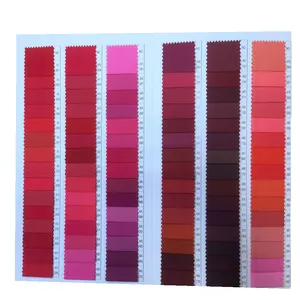

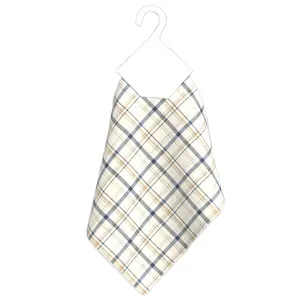

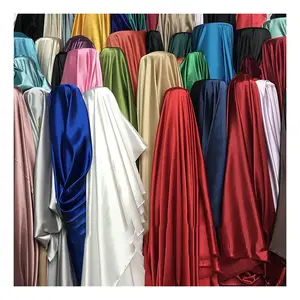


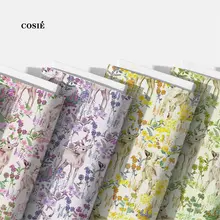
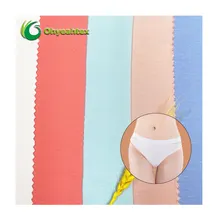

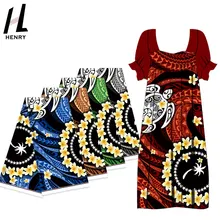




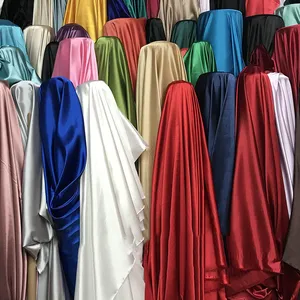

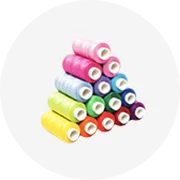

















 浙公网安备 33010002000092号
浙公网安备 33010002000092号 浙B2-20120091-4
浙B2-20120091-4